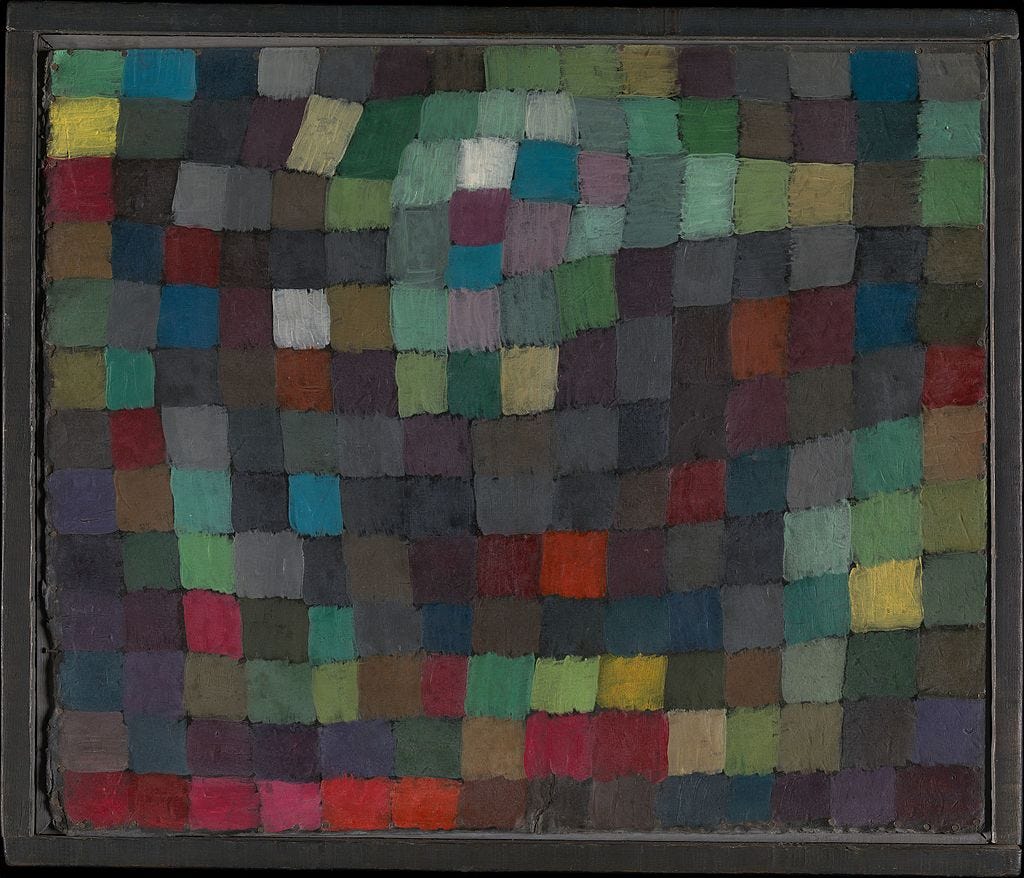"5 Questions" is a recurring interview series featuring the practitioners who’ve shaped my journey—offering you a direct window into their work and worldview.
(You can read the previous installment, “5 Questions for a Ketamine-Assisted Therapy Practitioner,” here.)
You met Ava—my MDMA therapist—in last week’s post. That’s not her real name; it’s a pseudonym to safeguard her professional license. MDMA remains illegal under federal law as a Schedule I drug, and in a surprising turn, the FDA recently rejected its approval for PTSD treatment—despite strong clinical results—citing concerns over trial conduct and patient safety.
Here is my conversation with Ava:
If you could distill your entire practice into one guiding principle, what would it be?
I would say, and this is something I learned from Harvey Schwartz (psychotherapist and co-founder of Polaris Institute): Healing happens at the speed of trust.
So, from the very first conversation, all the way through the medicine and the integrations, you are creating a container where a person feels like you are solid in your integrity, and want the best for them. If you’re willing to call them on some of their shadow as well as enhance and lean into their light, it will create a container that allows them to really heal.
By shadow, I mean those parts of the personality that are maybe maladaptive. Those are the parts of the personality that perhaps want to blame or feel victimized by their lives—which we all go through. But when you find yourself stuck in the place of being the victim, generally, that's a calling to take a look at how you may be making choices that aren't really supporting you and your growth.
What is a moment with a client that continues to challenge or inspire you?
I'm thinking about a client who had, in his intention, to look at how he could walk out of this depression that he'd had for decades. And one of the things that came up in the journey was that he saw his father, who had died years earlier, and his father came to him and said, “Son, I love you. It's not perfect.” And then he, the client, saw his own son, and he said to his son, “I love you. Yeah, it's not perfect.” And there was something about that moment that helped him see that even though he didn't always feel like he was the best father, it doesn't mean that your imperfect love isn't any good. That you can trust that the love you're offering is good. Could it be better? Sure. But my client saw that holding this perfect ideal of what love was supposed to look like had been keeping him from really loving himself.
What do you believe people most fear about their own expansion, and how does that shape their choices?
So, expansion is another way of saying change, and changes challenge our identity; often, people are very identified with the challenges they've had in life. It's how they build their character. Their personality gets built around these challenges, and so when they're asked to throw their stories away and reimagine themselves, become something else, they get terrified. Maybe then their friendships, their relationships, won't work anymore. Maybe what they've chosen to do for a living won't feel right. Maybe the deeper anchors of their lives are going to feel like they don't fit. Or maybe that won't happen at all. But with the medicine work, there is definitely a re-identification with something deeper and more true and more wild that often frightens people.
What is the most misunderstood aspect of your work?
I think people think it's trip-sitting, that it's just kind of like gales of laughter or maybe holding someone through tears. Some people go in thinking they want this peak experience or this huge release, and I find that sometimes the most profound healing happens in the smaller moments.
In the moments where they don't even realize that that's a healing opportunity. They ask for another blanket or they need some more time, and someone just very readily, happily serves them that way. It ends up being emotionally corrective on a deep level.
That's all about the container as well, like taking the time to assure them that they’re going to be taken care of, that they are important. It's deeply human to have needs, and it's okay to be taken care of. Often, people coming to this work haven't felt safe in expressing a need.
So while people might be looking for these big explosions, these big releases, sometimes it's really just the deeper breaths that happen. This deeper settling into a feeling of trust and safety in the world that actually can pivot your perspective on your whole world.
After all your years of experience, what still feels like an unanswered question or a mystery in your field?
It’s all a mystery, isn't it? I mean, I think sometimes we focus on the medicines themselves: Oh, you should do this medicine. You should do MDMA. Oh no, for that, you should do psilocybin. Oh, you should... And to me, again, it’s about the space. It's about the container that you're creating. And really any medicine could come in and help affect that healing.
But the mystery is how some people just so quickly and neatly move through their healing, and others take more time. Some seem to have a spiritual emergence that creates momentum, whereas for others, it's just kind of these gentle ripples that happen over and over again.
But I try not to consider either one a bigger success or a bigger failure. I try to just honor that this is their process.
* * *
I love you.
Juliette
Got thoughts, questions, or a gut reaction? I want to hear it. Touch Me There is a living thing—shaped by your curiosity as much as mine. Thanks, as always, for reading and being part of it.





